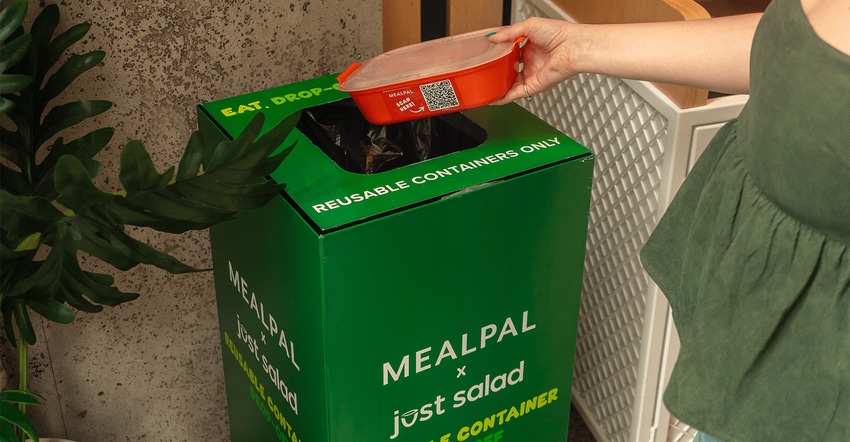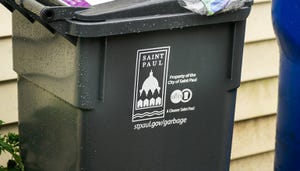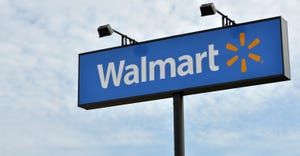How Companies are Driving the Shift to Reusable Foodservice Ware
Reuse is not simply a swap-out of packaging. Companies must make major systemic changes for these models to work. With that thought, subscription meal service company MealPal has joined the movement to catalyze reusable foodservice packaging and to help restaurants on board.

A few years ago, only a meager dozen or so U.S. and Canadian companies pedaled reusable packaging, with foodservice ware taking the lion’s share. Another 200-plus startups have since come on line, still representing a small force propelling the shift from single use to reusables. Though these models continue gaining traction.
Many programs are sprouting at the community level, with the grassroots environmentalists behind them pushing to galvanize a ripple effect. They’re working to set up city-scale reuse systems nationwide. Foodservice ware is at center stage, a waste problem that communities grapple with everywhere.
But reuse is not simply a swap-out of packaging. Companies must make major systemic changes for these models to work. That’s something they can’t do alone.
With that thought, subscription meal service company MealPal has joined the movement to catalyze reusable foodservice packaging and to help restaurants on board, at least in New York City. MealPal is early on its journey but off to a promising start. Consumers have ordered over 20,000 meals in reusable containers since the September 19 launch of this option. That number climbs weekly, says Mary Biggins, co-founder and CEO of MealPal.
She and partner Katie Ghelli believe they are positioned to have meaningful impact.
Subscribers reserve hundreds of thousands of meals on the company’s online platform every month. Besides having volume, Biggins and Ghelli have something else working in their favor: an existing infrastructure to simplify the return process.
People typically frequent locations in MealPal’s network a few times a week. They can drop off containers they’re done with at any participating restaurant—it doesn’t matter which one they picked up their order from.
“It has to be easy for customers to return without adding friction to the process of getting lunch. Since they come into the restaurants often, it’s easy for the practice to become part of consumers’ behavior,” Biggins says.
For now, only MealPal subscribers can opt for reusables, and only through a select number of restaurants in the network.
Biggins has visions of taking the model further.
“We can help push people toward reusable packaging within the MealPal ecosystem and potentially beyond. If someday restaurants we work with want to offer reusable packaging to customers who do not subscribe to MealPal the infrastructure will already exist,” Biggins says.
A QR code unique to each package tracks its journey from when the meal is picked up, to when the container is brought back, through its arrival at the washing facility. The data informs on the number and frequency of returns, and ultimately serves as an inventory management tool.
Before going all in, the entrepreneurs ran a beta to figure out a few things: whether customers would order in reusable packaging. And whether they would actually return the packaging. The concept obviously wouldn’t work if more plastic entered the environment than with conventional, lighter weight disposables.
So far more than 50 percent of meals are going out in reusable containers, with a 95 percent return rate within one week.
With five uses, a container’s CO2 emissions drop below that of a compostable or conventional single-use alternative, according to the Reuse Wins Report Biggins relied on. The packages are good for plenty more uses – up to 1,000, attests the manufacturer who supplies them.
MealPal serves 850 New York City restaurants and about 3,000 restaurants across the globe. So far reusable packaging is an option in 150 of them, all in New York City—and the busiest ones—those with potential to have greatest impact. Plans are to roll out the program to more locations in time.
Even before working with MealPal, Just Salad offered reusable salad bowls for in-store customers and returnable bowls for pickup orders at some locations.
“Our partnership with MealPal allows us to expand reusable packaging offerings into yet another sales channel. We were able to easily integrate MealPal's program into our operations. In addition, the efficient packaging inventory management makes implementation simple,” says Alex Harden, Just Salad's sustainability lead.
Biggins and Ghelli are thinking of new ways to spark more buy in, believing that consumers are at the crux of making the model work at the scale they envision.
“No other restaurants have been able to drive meaningful volume or change in consumer behavior. We have the unique ability to do that. We believe we can move this reusable packaging initiative forward, first for MealPal subscribers, and then to give it the visibility and consumer comfort level where it can become a default way for restaurants to serve meals,” Biggins says.
Blue Park Kitchen, part of the MealPal network, typically fills more than 5,000 to-go orders a week.
One of the biggest attractions to Kelly Fitzpatrick, president and founder of Blue Park Kitchen, is that MealPal handles pickup and especially the washing.
“Since we are in New York City, we have extremely limited kitchen space, so we do not have room to hold extra containers nor clean them,” Fitzpatrick says.
What will be important moving forward is that the cost remains reasonable and the technology continues to evolve to work for customers.
“MealPal meets both of these needs. We wouldn’t continue with any outside program if it caused frustration to our guests,” Fitzpatrick says.
Nonprofit Upstream is working to accelerate reuse in partnership with large companies and institutions with the scale and buying power to make a difference. By telling their success stories they are beginning to influence adoption within their corporations and across their sectors.
There’s also tremendous policy momentum, especially in the foodservice sector, says Sydney Harris, policy director at Upstream. She believes this trend will help secure a reuse-centric future.
To date, 95 reuse policies have been enacted in the U.S. and Canada, with most of them targeting foodservice.
Still there are pain points in need of massage; among the biggest is ensuring enough containers come back into the system, as Biggins noted.
Typically, a 90 percent return rate is required to benefit the environment and for the operation to pencil out economically, Harris says.
“Among other challenges are the initial cost to switch to reusables, although it will save businesses money over time, usually in just a few years. At individual restaurants, we’ve seen that the savings can be hundreds or even thousands of dollars in the first year,” she says.
Harris points to innovative emerging models, from those that tap into municipal recycling infrastructure to a set up in Calgary, Alberta that integrates with the region’s deposit-return system.
“But it’s still very much a startup environment, so [companies] have had to be nimble and adaptable,” she says.
About the Author(s)
You May Also Like




